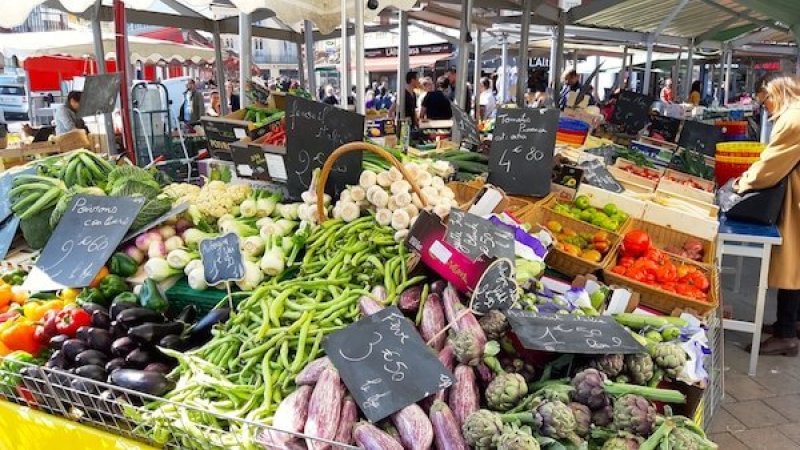“Organic could satisfy the needs of the French population quite easily if the proportion of animal products in our diet was relatively reduced (a rather favorable orientation for health),” [said Joseph Pousset.]
Easily? According to his calculations, “generalized organic farming in mainland France would provide the current average diet for about 50 million inhabitants.” For a population of 66.7 million in 2021, this undoubtedly represents a substantial reduction in diet — as well as a drastic reduction in our exports, our contribution to feeding our European and extra-European neighbors.
Organic farming means giving up on synthetic nitrogen fertilizers which, if implemented, can only feed a little less than half of the world’s population (and perhaps more given the origin of certain organic fertilizers). The message that France would send to the world, a France that would do better than Sri Lanka, would be disastrous.
Banning phytosanitary products whose only defect is that they are “synthetic” means giving up securing yields – therefore food sovereignty – and product quality – therefore food safety. The existence of certain types of production would be compromised, as would favorable technical itineraries from an economic and ecological point of view.
…
In short, unless the French farm is transformed into a fortress sheltered from international competition and the peasants into managers of largely subsidized and unproductive rural areas, this is drawing a line under our agriculture as well as our food sovereignty and security.
[Editor’s note: This article was originally published in French and has been translated and edited for clarity.]































